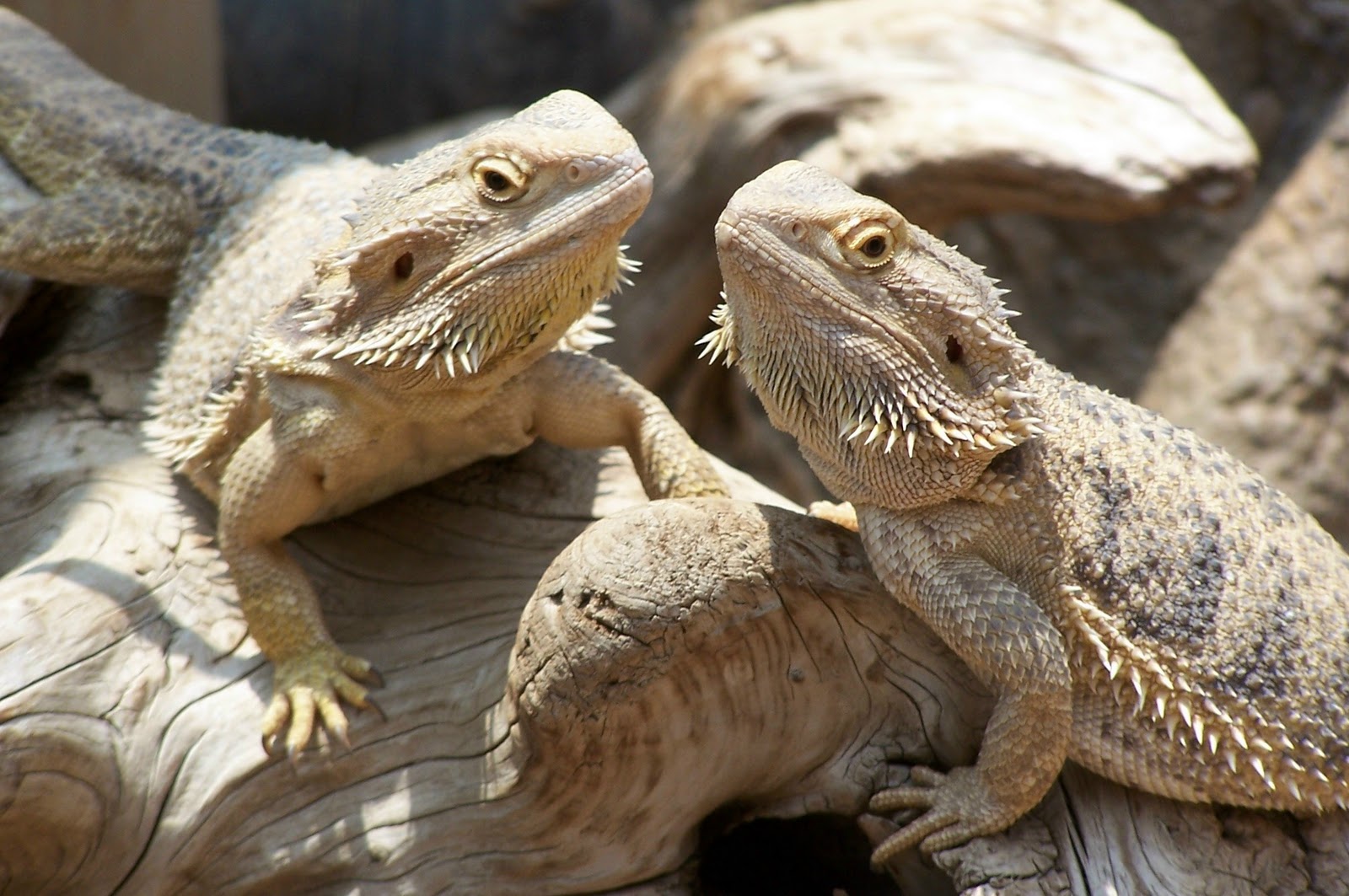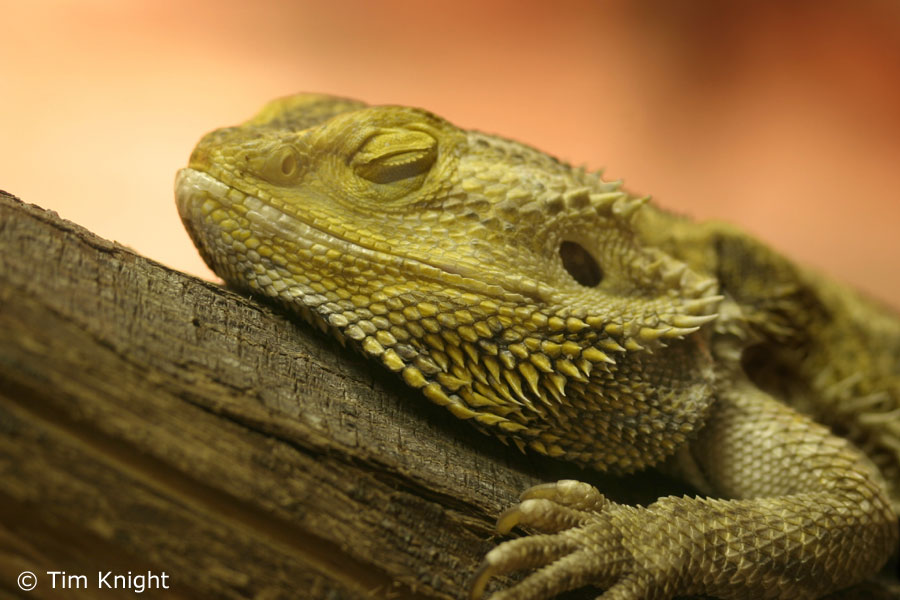Why Does My Bearded Dragon Sleep Against the Glass? Understanding Their Behavior
Introduction
Bearded dragons, also known as Pogona, are one of the most popular pet lizards among reptile enthusiasts. These friendly and docile creatures are known for their unique appearance, calm temperament, and interesting behavior. As a beginner bearded dragon owner, you may have noticed that your pet often sleeps against the glass of its enclosure. You may wonder why your beloved companion does so and if you should be concerned. In this blog post, we will explore the possible reasons why bearded dragons sleep against the glass and provide you with essential information to understand their behavior.
Reasons Why Bearded Dragons Sleep Against the Glass
1. Seeking a Preferred Temperature
Bearded dragons are cold-blooded creatures that rely on their environment to regulate their body temperature. In captivity, bearded dragons require a temperature gradient in their enclosure to comfortably thermoregulate. They need a basking spot that reaches 100-110°F (38-43°C) and a cooler area that ranges from 75-85°F (24-29°C). Bearded dragons may sleep against the glass if they are trying to find a comfortable temperature in their enclosure. If the basking spot is not warm enough, they may press themselves against the glass to absorb more heat from the basking lamp.
2. Feeling Safe and Secure
In the wild, bearded dragons sleep in burrows or hide among rocks or vegetation to avoid predators. In captivity, bearded dragons may sleep against the glass if they feel safe and secure. The glass can provide a sense of enclosure and protection, especially if the enclosure is in a high-traffic area in your home. Sleeping against the glass can give your pet the assurance that nothing can sneak up on them.
3. Curiosity and Exploration
Bearded dragons are naturally curious and intelligent creatures that enjoy exploring their environment. They may sleep against the glass to observe their surroundings and interact with their reflection. You may notice that your pet may paw at the glass or try to lick it. These are normal behaviors for bearded dragons, and you should let them interact with their environment as long as it’s safe for them.
Is Sleeping Against the Glass Normal for Bearded Dragons?
Yes, sleeping against the glass is a common behavior for bearded dragons, and it shouldn’t worry you. It’s essential to understand why your pet is doing so to make sure that they are comfortable and safe in their enclosure. If you think that your bearded dragon is sleeping against the glass because of inadequate heat or lighting, you should assess the temperature and lighting in their enclosure and make the necessary adjustments. If your pet is sleeping against the glass because they are curious or feeling safe, you don’t need to do anything except to provide an enriched environment for them to explore and interact with.
Conclusion
Sleeping against the glass is a common behavior for bearded dragons, and it shouldn’t worry you unless there are other signs of distress or illness. Understanding your pet’s behavior is crucial to ensure their comfort and happiness in captivity. Bearded dragons are intelligent and fascinating creatures that require proper care, attention, and stimulation. Providing them with a suitable environment, a nutritious diet, and regular veterinary check-ups can help them thrive in captivity.










